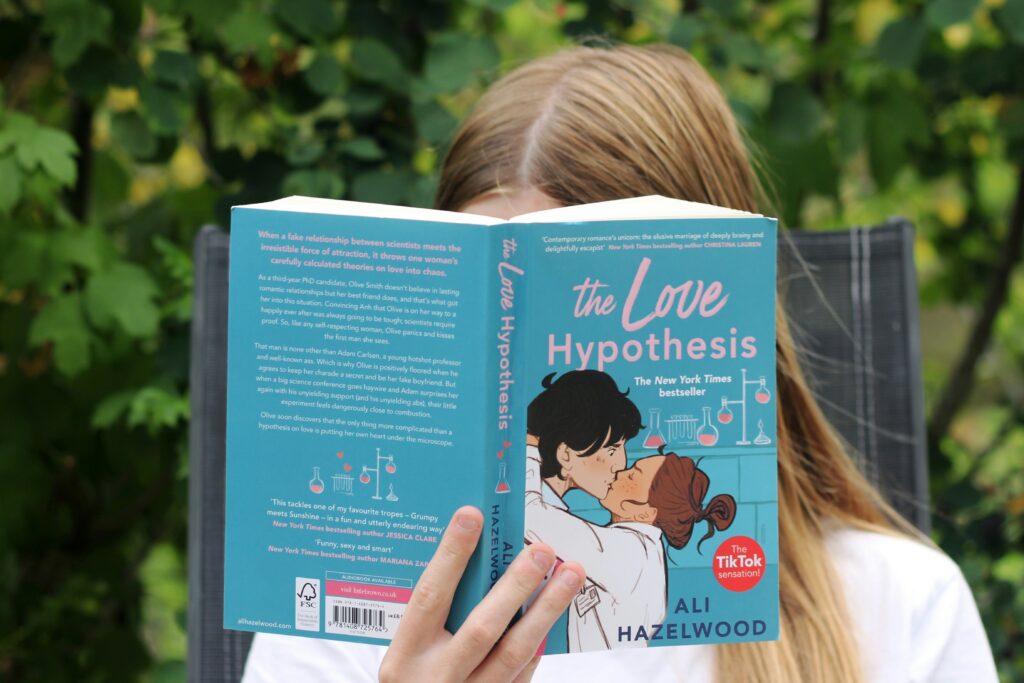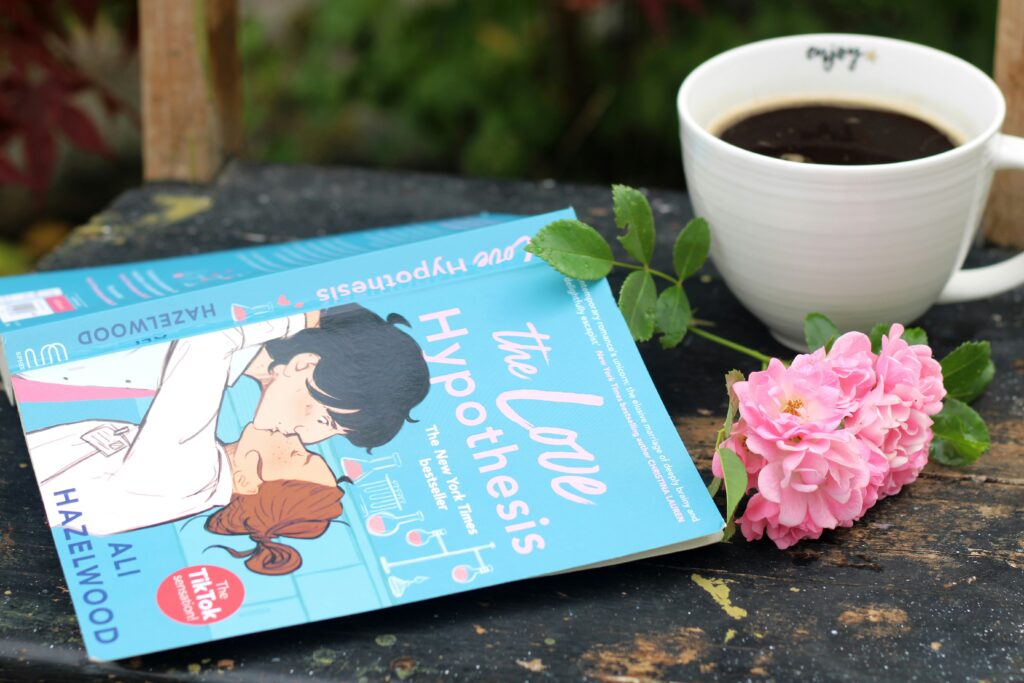Understanding the Critical Period Hypothesis in Language Acquisition
Have you ever wondered why it seems easier for children to learn multiple languages compared to adults? The Critical Period Hypothesis in language acquisition attempts to explain this phenomenon. In this article, we will delve into the concept of the Critical Period Hypothesis and explore its implications on learning new languages.
What is the Critical Period Hypothesis?
The Critical Period Hypothesis suggests that there is a specific window of time during which an individual can easily acquire a language. This period typically occurs in early childhood and ends around puberty. After this critical period, it becomes significantly more challenging for an individual to learn a new language with the same fluency and proficiency as a native speaker.
How Does the Critical Period Hypothesis Impact Language Learning?
Research has shown that individuals who begin learning a new language after the critical period have a harder time reaching native-like proficiency. This does not mean that it is impossible to learn a new language as an adult, but rather that the process may be more challenging and require more effort. Understanding the Critical Period Hypothesis can help adults set realistic expectations when embarking on the journey of language acquisition.
Factors Influencing the Critical Period for Language Acquisition
Various factors can influence the critical period for language acquisition. Let’s explore some of the key factors that play a role in determining when this critical period begins and ends.
Brain Plasticity
During early childhood, the brain is highly plastic, meaning it has a greater capacity to adapt and learn new information. This increased plasticity allows children to absorb new languages more easily and develop native-like pronunciation. As individuals age, the brain’s plasticity decreases, making it more difficult to acquire a new language with the same ease.
Socio-Cultural Environment
The socio-cultural environment in which a person is raised can also impact their ability to acquire a language within the critical period. Children who are exposed to multiple languages from a young age, either through family members or educational settings, are more likely to achieve proficiency in those languages. On the other hand, adults who are not immersed in a language-rich environment may find it challenging to acquire a new language.
Motivation and Effort
Motivation plays a significant role in language acquisition at any age. Adults who are highly motivated to learn a new language and are willing to put in consistent effort are more likely to overcome the challenges posed by the critical period hypothesis. Setting realistic goals and maintaining a positive attitude towards language learning can greatly influence an individual’s success in acquiring a new language.

This image is property of images.unsplash.com.
Implications of the Critical Period Hypothesis in Language Education
Understanding the Critical Period Hypothesis has important implications for language educators and learners alike. Let’s explore how this theory can inform language education practices and strategies.
Early Language Exposure
Given the importance of the critical period in language acquisition, providing young children with early exposure to multiple languages can greatly benefit their language development. Early language exposure can help children establish a strong foundation in different languages and increase their chances of achieving native-like proficiency.
Tailored Language Instruction
For adults and older learners, understanding the critical period hypothesis can guide language instructors in developing tailored instruction methods that take into account the challenges of learning a new language later in life. By incorporating techniques that focus on promoting brain plasticity and creating immersion experiences, instructors can enhance the language learning process for adult learners.
Continued Language Learning Opportunities
While the critical period hypothesis suggests that language acquisition may be easier in early childhood, it is essential to remember that learning a new language is a lifelong journey. Adults who miss the critical period can still make significant progress in language acquisition through continued learning opportunities, practice, and dedication. It is never too late to learn a new language and experience the benefits of bilingualism.

This image is property of images.unsplash.com.
Strategies for Overcoming the Challenges of the Critical Period Hypothesis
While the critical period hypothesis presents challenges for language learners, there are strategies that individuals of all ages can use to overcome these obstacles and achieve proficiency in a new language. Let’s explore some effective strategies for conquering the hurdles posed by the critical period hypothesis.
Immersion Experiences
One of the most effective ways to overcome the challenges of the critical period hypothesis is to immerse yourself in the language you are learning. Create opportunities to practice speaking, listening, reading, and writing in the target language through immersion experiences such as language exchange programs, cultural events, and travel to countries where the language is spoken.
Consistent Practice
Consistency is key when it comes to language learning. Make a habit of practicing your language skills daily, even if it is just for a few minutes. Set achievable goals for yourself and track your progress over time. By building a consistent practice routine, you can improve your language proficiency and overcome the obstacles posed by the critical period hypothesis.
Utilize Language Learning Resources
In today’s digital age, there are countless resources available to support language learners of all ages. Take advantage of online language courses, mobile apps, language exchange platforms, and virtual language tutors to enhance your learning experience. Utilizing a variety of resources can help you stay engaged and motivated on your language learning journey.

This image is property of images.unsplash.com.
Conclusion
In conclusion, the Critical Period Hypothesis in language acquisition sheds light on the impact of age on an individual’s ability to learn a new language. While the critical period presents challenges for adults seeking to acquire a new language, it is important to remember that language learning is a dynamic and lifelong process. By understanding the factors influencing the critical period, adopting effective language learning strategies, and maintaining a positive attitude towards language acquisition, individuals of all ages can overcome the obstacles posed by this hypothesis and achieve proficiency in a new language. Remember, it is never too late to embark on the rewarding journey of learning a new language and experiencing the world from a different linguistic perspective. Happy language learning!

